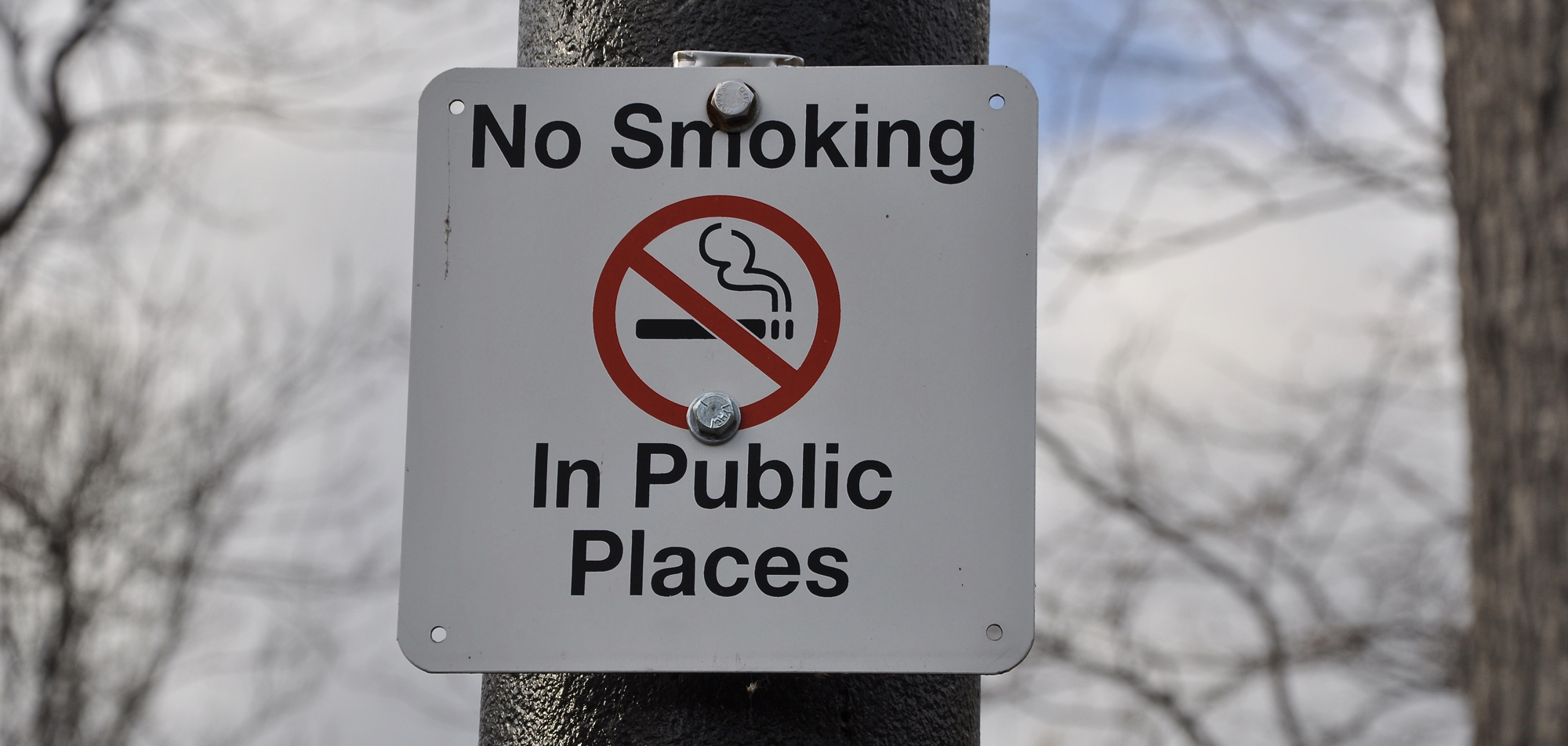365telugu.com,online news,Hyderabad, 03 October 2020: Twelve years after the implementation of smoke free rules, which came into effect on October 2, 2008; Rs 37,33,64,148 have been collected by the Government as fines from people for violating the no-smoking rules. A total of 26, 16,050 people were fined during the period 2007-08 to 2020-21 (upto June 2020).In 2008 after a prolonged struggle, smoking was banned in all public places in the country with effect from October 2, 2008. Section (4) of the Cigarettes and Other Tobacco Products (Prohibition of Advertisement and Regulation of Trade and Commerce Production, Supply and Distribution) Act COTPA 2003 prohibits smoking in all public places. ‘Public Place’ is defined as any place to which the public has access whether as of right or not and includes all places visited by general public. Boards containing the warning “No Smoking Area- Smoking Here is an Offence” has to be displayed prominently at the entrance of public places.India’s national law, the Cigarettes and other Tobacco Products Act (COTPA) has been effective in certain areas, there are still many aspects that need to be amended and strengthened. Such amendments would further to align it with our global commitments under the Framework Convention on Tobacco Control (FCTC) and more effectively protect India’s population from the dangers of tobacco use.“The implementation of the no smoking rules shows the Government’s commitment towards tobacco control, however COTPA 2003, presently allows smoking in certain public places (restaurants, hotels and airports), in the form of designated smoking areas. I recommend that we should abolish all designated smoking areas in hotels and restaurants and even airports to ensure a 100% smoke free environment since most of these designated smoking areas are rarely compliant as per COTPA requirements and are actually putting our public at great health risk from exposure to second hand smoke”, Dr Harit Chaturvedi, Chairman of Max Institute of Cancer Care.

The COTPA, enacted in 2003 and applicable to the entire country, was mainly to discourage the consumption of cigarettes and other tobacco products by imposing progressive restrictions and to protect non-smokers from second-hand smoke. The implementation of COTPA is best done when the system/mechanism is institutionalized.Ms Nalini Satyanaraya, a passive smoking victim and health activist – “Exposure to passive smoking happens in eateries specifically hotels, restaurants, bar & restaurant, pubs and clubs, risking lives of thousands of non-smokers by exposing them to the smoke of cigarettes. Designated smoking area that are set up are non-compliant to law and seep the cigarette smoke to non-smoking or common area. COTPA act needs to be amended, to not permit smoking in any premises, and make it completely Smoke Free in the best interest of the Public Health”Designated Smoking Room has a grave risk for spread of COVID-19. COVID-19 spreads primarily via respiratory droplets—little blobs of liquid released as someone coughs, sneezes, or talks. Viruses contained in these droplets can infect other people via eyes, nose, or mouth, either when they land directly on somebody’s face or when they’re transferred there by people touching their face with contaminated hands. It is also evident that the virus can survive in air and on surfaces and clothes for many days which increases the risk of spreading the virus.

COVID-19 is most likely to be spread by smokers, as the act of smoking includes, removing of masks, fingers (and possibly contaminated cigarettes) are in contact with lips which increases the possibility of transmission of virus from hand to mouth. COVID-19 infected smokers can spread the virus through floating of contaminated aerosol particles in the air, settling of contaminated particles on objects and surfaces, coughing, sneezing, disposal of contaminated cigarette butts etcThe prevalence of tobacco use has decreased by six percentage points from 34.6% in GATS 1 in 2009-10 to 28.6% in GATS 2 in 2016-17.India with more than a billion people had a large number of people who smoke cigarettes or beedis (tobacco rolled in ‘tendu’ leaf). The benefit of smoke-free policies will certainly protect non-smokers from the dangerous exposure to tobacco smoke, which is called secondhand smoke.

